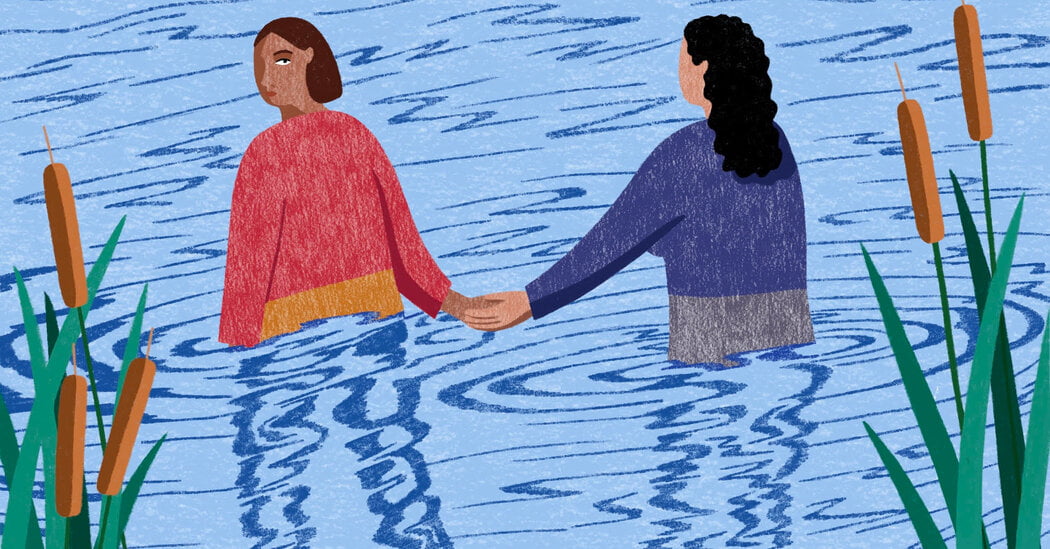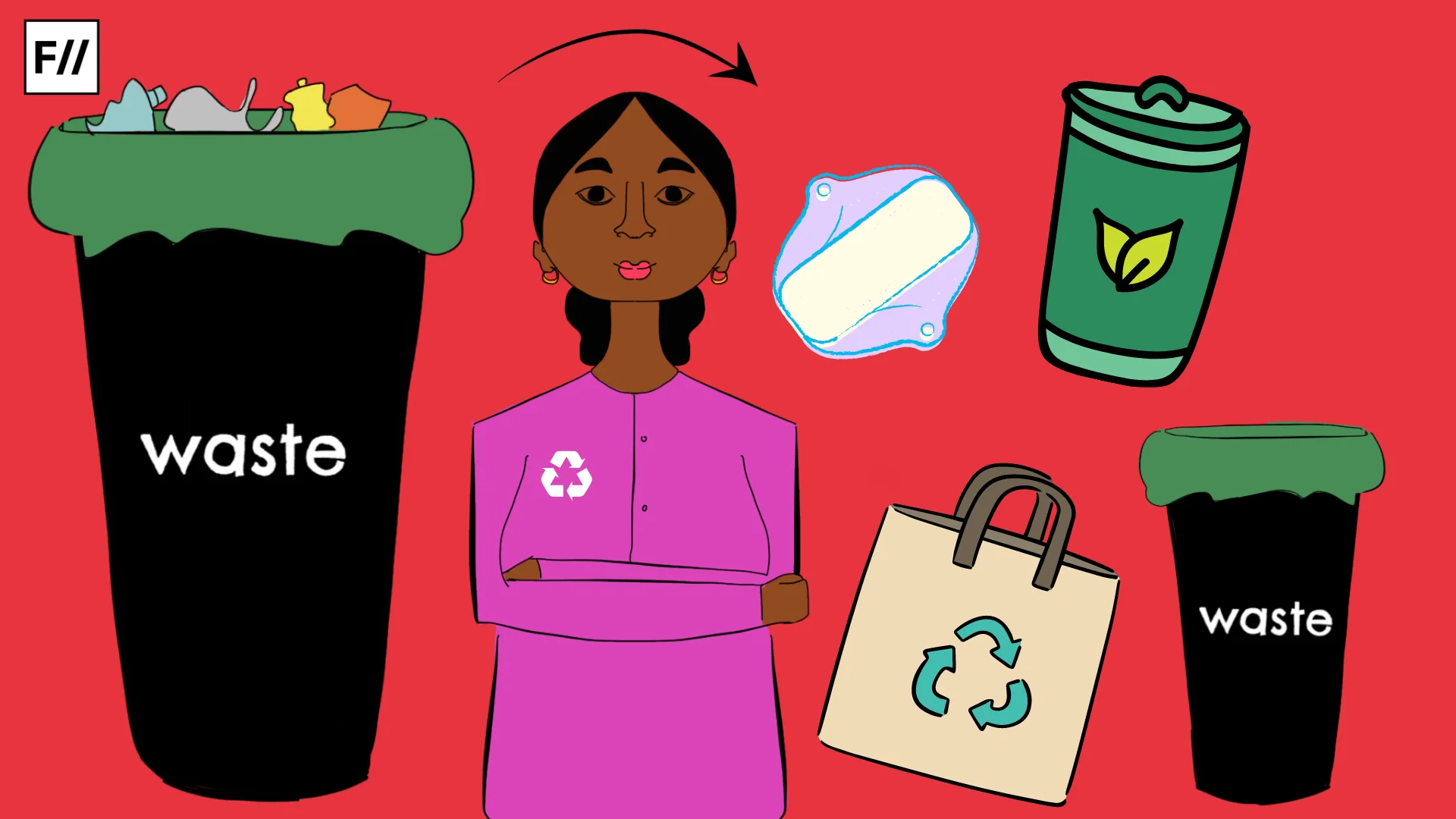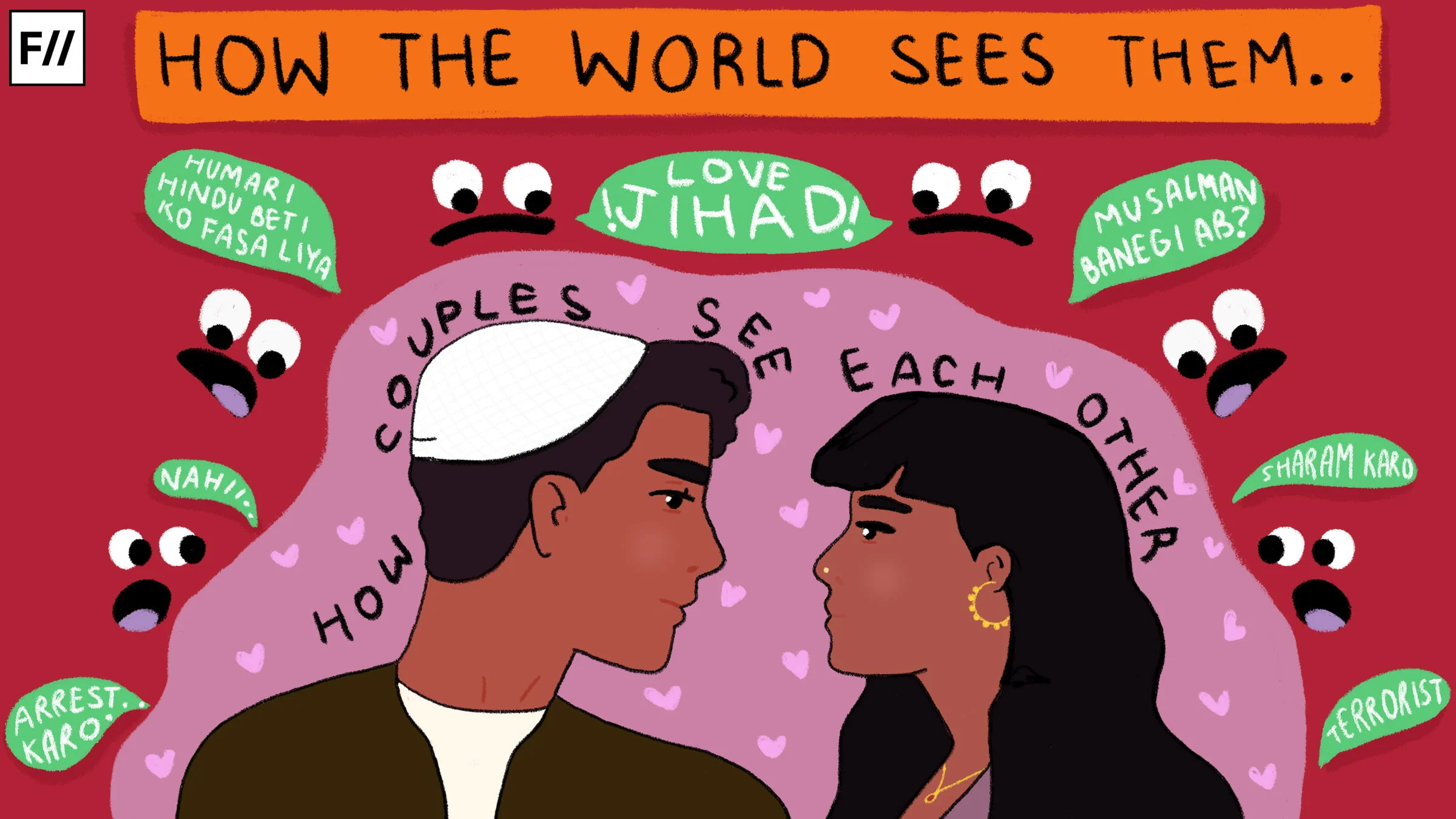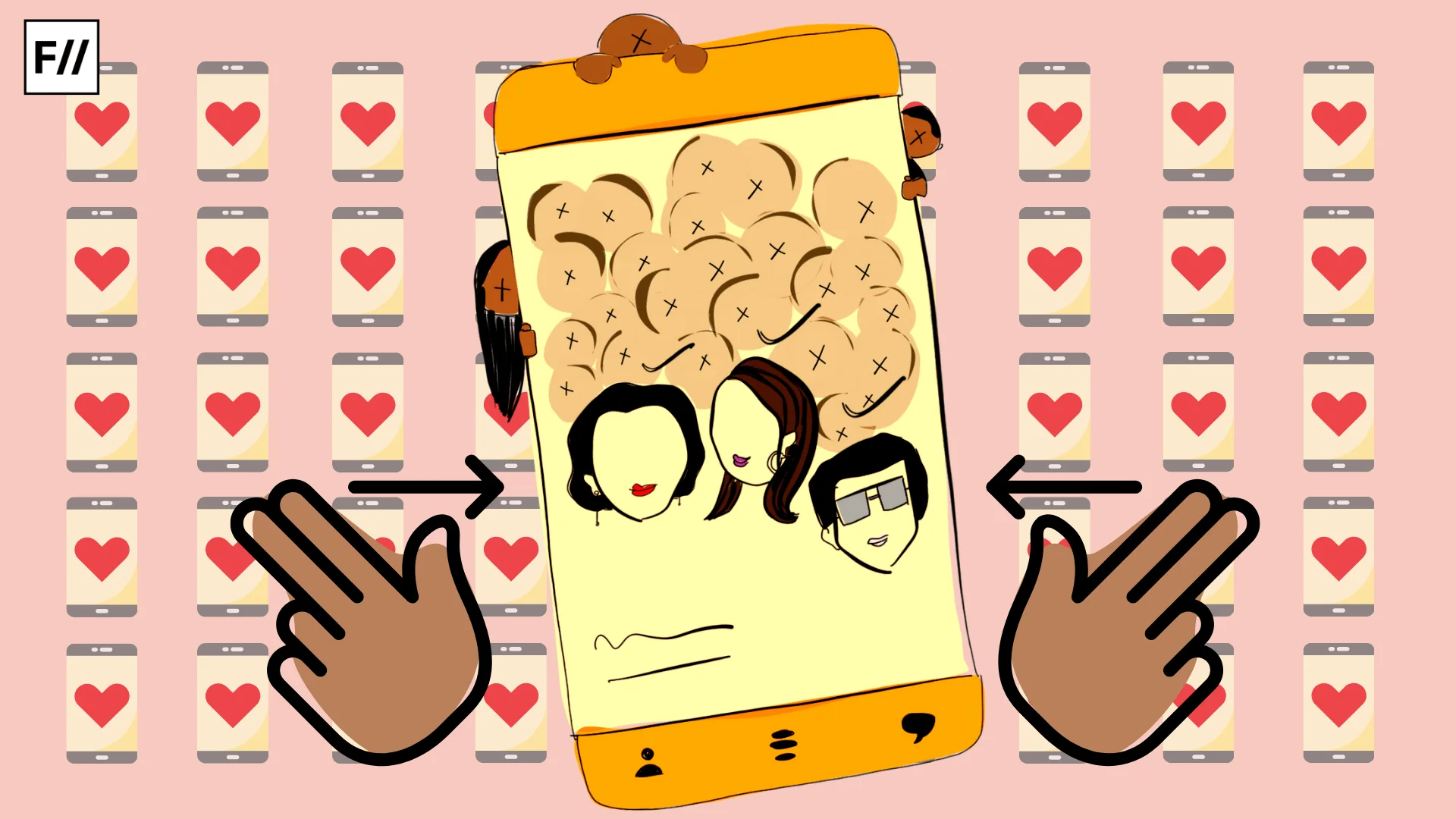Editor’s Note: FII’s #MoodOfTheMonth for February, 2022 is Redefining Love. We invite submissions on the many layers of love, throughout the month. If you’d like to contribute, kindly email your articles to sukanya@feminisminindia.com
Love can be many things – mysterious, romantic, platonic, an act of courage, a safe space for some and at the same time, it can be an act of playing with fire for a few.
According to American psychologist and psychometrician Robert Sternberg’s triangular theory of love, there are three key components which serve as essential ingredients for a successful, happy and a healthy romantic relationship: passion, intimacy and commitment. Passion incorporates the sexual aspect and attraction that exists between the partners; intimacy involves the emotional bond and the comfort; and lastly, commitment refers to the decision of a person to make efforts to maintain the relationship. When a relationship is void of any of these key components, either wholly or partially, it produces different results and outputs.
But what about those relationships that never tasted the essence of having all these three essential components of love under the umbrella of their bond? What about those relationships where love and its components fade with time?

When a relationship after marriage fails to strike a balance between passion, intimacy and commitment, it often leads to turbulence, divorce or separation; which is not necessarily an unhappy ending for many. There are innumerable triggers that exist in a marriage, which if aggravated can escalate into a decision to end it.
The endemic stigma and prejudice against divorce and ‘divorcees’, is still pervasive in ‘modern’ India. Many a times not only the society, but also the people who get divorced, see themselves as excluded and devalued from their social lives, because of the societal conditioning that stigmatises divorce. As a society, we devalue people who are separated and sustain the idea of being married as ‘normal’.
Not only is divorce considered as an act of shame for women in our conventional, patriarchal society, but falling in love with another person after the divorce is seen as below the belt and is looked down upon. Such beliefs are embedded in our subconscious and furthered through socio-moral institutions. A woman who may have found new love post divorce thus, often develops an unnecessary feeling of guilt
Like any other event that takes place either at an individual, societal or an aggregate level, divorce has a pivotal and a different impact on women. A report by Slater and Gordon states that women were twice as likely as men to be shamed after divorce. Renowned actor and artist Malaika Arora in conversation with Kareena Kapoor Khan on her radio show ‘What women want’, was asked if there were any differences in the treatment by the society towards a divorced woman in comparison to a divorced man.
To this she responded by saying, “That is like the biggest disparity that there is, amongst the many other disparities you have to deal with, but men don’t really have that and I am not somebody to sit down and bash men. I have a lot of respect for a lot of men around me, so I am not going to sit down here and do this man-bashing, but yes, it is very easy for a man to move on with his life.”
When a divorced woman as privileged as her experiences this, it is quite distressing to think of the trauma and isolation women from oppressed social locations with no social capital go through.
Also read: Growing Gracefully, Again: Separation/Divorce Is Not The End
The family and society try to bring back women wanting a divorce by trying to convince them to rethink their choices for the family’s peace, children and to maintain their respect and status in the community. It is expected of an obedient woman, a cultured daughter-in-law, and an altruistic wife to sacrifice her mental peace, value, worth and self respect for everyone in the family and society.
After a divroce, there is a high probability of a woman being ostracised from her family, peers and society. Many peers may also fail to understand the mental turbulence a woman goes through in the process of getting a divorce and this may lead to mental health problems and decreased self confidence.
However, it is not necessary that after a divorce, every person wants to remarry or look for someone to romance. A divorce can result in different experiences for different people. For some it might serve as an opportunity to reboot and meet themselves. While for others, it may be a chance at love again
Quint Fit interviewed a few people who went through divorce to unravel the layers of traversing this socially and emotionally taxing decision. Men as well are likely to experience the feeling of loneliness after a divorce, However, research has proven that after getting separated from the partner, men are more likely to form new relationships and remarry with less judgment from the society.
Not only is divorce considered as an act of shame for women in our conventional, patriarchal society, but falling in love with another person after the divorce is seen as below the belt and is looked down upon. Such beliefs are embedded in our subconscious and furthered through socio-moral institutions. A woman who may have found new love post divorce thus, often develops an unnecessary feeling of guilt.
As Germaine Greer writes in her book ‘The Female Eunuch’, “The cage door had been opened but the canary had refused to fly out. The conclusion was that the cage door ought never to have been opened because canaries are made for captivity.”
However, it is not necessary that after a divorce, every person wants to remarry or look for someone to romance. A divorce can result in different experiences for different people. For some it might serve as an opportunity to reboot and meet themselves. While for others, it may be a chance at love again.
Whatever be the outcome, love after divorce in the form of self-love or romantic love or any other form of love must not be stigmatised. We must make sure that we facilitate all kinds of loving and healing for people to get past such taxing experiences and thrive.
Also read: Divorce As A New Beginning: Unburdened Of Fairy Tales In Her 30s
Featured Image Source: The New York Times
About the author(s)
Ishita is a student of Political Science (Honors) at Kamla Nehru college, Delhi University. In the world of patriarchy, she is not someone who is afraid to voice out her beliefs and speak up for them. Though mostly cheerful and friendly she is very particular about her deadlines and perfection in her chores






